The world of motorsport is witnessing a groundbreaking shift as hydrogen fuel technology takes center stage. Toyota, a pioneer in alternative fuel vehicles, has thrown its hat into the ring with the COROLLA H2, a hydrogen-powered race car set to compete in Japan's grueling Super Taikyu endurance series. This bold move signals not just a technological experiment, but a serious commitment to proving hydrogen's viability in high-performance environments where electric batteries still face limitations.
Under the hood of this racing Corolla lies a modified version of Toyota's 1.6-liter turbocharged three-cylinder engine from the GR Yaris, reengineered to burn compressed hydrogen gas instead of gasoline. The engineers at Toyota Gazoo Racing have worked tirelessly to overcome the unique challenges posed by hydrogen combustion. Unlike traditional fuel injection systems, the COROLLA H2 requires specialized components to handle hydrogen's low energy density per unit volume and its tendency to cause abnormal combustion at high temperatures.
The decision to enter endurance racing provides the ultimate proving ground for hydrogen technology. Super Taikyu events often last between four to twenty-four hours, pushing vehicles and their fuel systems to absolute limits. Toyota's team meticulously monitors performance metrics during these marathon races, gathering invaluable data about hydrogen combustion under sustained high-load conditions. Early races revealed unexpected vibration patterns and combustion instability, leading to rapid iterations between events that have progressively improved reliability.
What makes this endeavor particularly significant is the choice of hydrogen combustion rather than fuel cells. While most automotive hydrogen applications focus on fuel cell electric vehicles (FCEVs), Toyota is demonstrating an alternative pathway. Internal combustion engines burning hydrogen produce zero CO2 emissions at the tailpipe, with water vapor as the primary byproduct. This approach leverages existing engine manufacturing infrastructure while still achieving environmental benefits, potentially offering a smoother transition for traditional automakers.
The fueling process itself presents both challenges and innovations. Pit stops for the COROLLA H2 involve swapping 700-bar high-pressure hydrogen tanks, a procedure that currently takes slightly longer than conventional refueling but shows promise for improvement. Toyota has collaborated with local hydrogen suppliers to establish trackside fueling infrastructure, creating a blueprint for future hydrogen racing events. The team has managed to achieve a hydrogen consumption rate equivalent to approximately 5.6 km/kg during competition, with ongoing development focused on extending range between pit stops.
Beyond the technical specifications, the COROLLA H2 program serves as a rolling laboratory with implications far beyond motorsport. The knowledge gained from racing conditions - where engines operate at maximum output for extended periods - directly informs Toyota's development of hydrogen-powered commercial vehicles. Components tested on the racetrack, from high-flow fuel injectors to specialized piston designs, may eventually find their way into consumer vehicles, potentially accelerating the hydrogen economy's development.
Environmental considerations remain at the forefront of this initiative. While the racing Corolla itself produces minimal emissions, the broader hydrogen ecosystem's sustainability depends on production methods. Toyota has committed to using "green hydrogen" produced through renewable energy-powered electrolysis whenever possible, addressing concerns about hydrogen derived from fossil fuels. The company views motorsport as a platform to promote investment in clean hydrogen infrastructure, recognizing that the technology's success requires an entire support network.
The racing community's response to hydrogen power has been cautiously optimistic. Traditionalists initially questioned hydrogen's performance potential compared to gasoline, but the COROLLA H2 has demonstrated competitive lap times while emitting nothing but water vapor. Other manufacturers are closely watching Toyota's experiment, with several European teams beginning to explore hydrogen options for their own racing programs. This trickle-down effect could dramatically reshape motorsport's environmental impact within the decade.
Looking ahead, Toyota has ambitious plans for its hydrogen racing program. The company aims to progressively increase the COROLLA H2's power output while improving durability between refueling. Future iterations may incorporate hybrid systems combining hydrogen combustion with electric assist, potentially creating the most efficient racing powertrain ever developed. As regulations increasingly pressure motorsports to adopt sustainable technologies, Toyota's early investment in hydrogen positions it as a leader in the coming green racing revolution.
For motorsport enthusiasts and environmental advocates alike, the COROLLA H2 represents more than just another racing experiment. It embodies the potential for high-performance competition to drive meaningful technological progress. As this hydrogen-powered Corolla continues to complete endurance races, lap after lap, it's quietly proving that exciting motorsport and environmental responsibility need not be mutually exclusive concepts. The roar of its hydrogen-burning engine may well be the sound of racing's future.
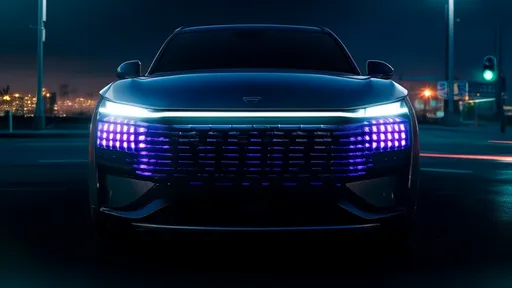
By /Jun 15, 2025

By /Jun 15, 2025

By /Jun 15, 2025

By /Jun 15, 2025
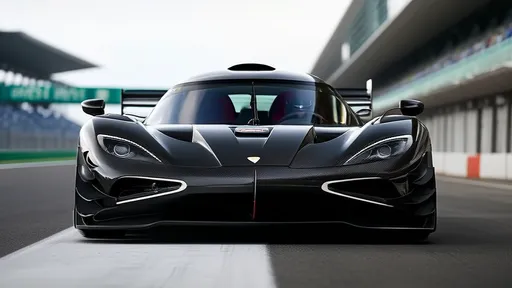
By /Jun 15, 2025

By /Jun 15, 2025

By /Jun 15, 2025
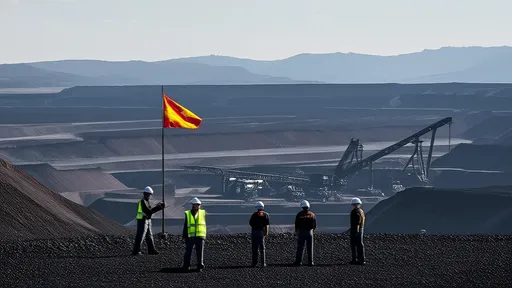
By /Jun 15, 2025
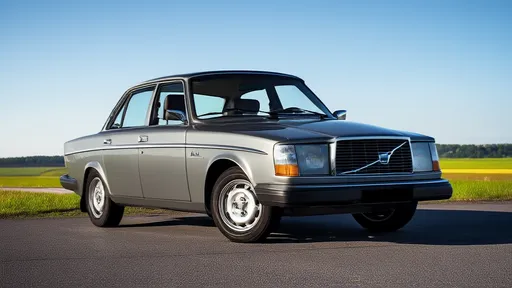
By /Jun 15, 2025
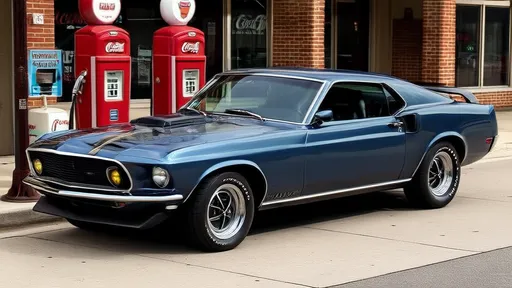
By /Jun 15, 2025

By /Jun 14, 2025

By /Jun 14, 2025

By /Jun 14, 2025
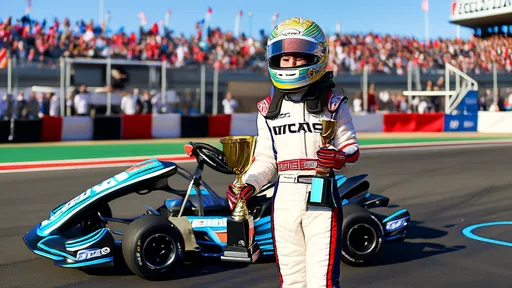
By /Jun 14, 2025

By /Jun 14, 2025

By /Jun 14, 2025

By /Jun 14, 2025